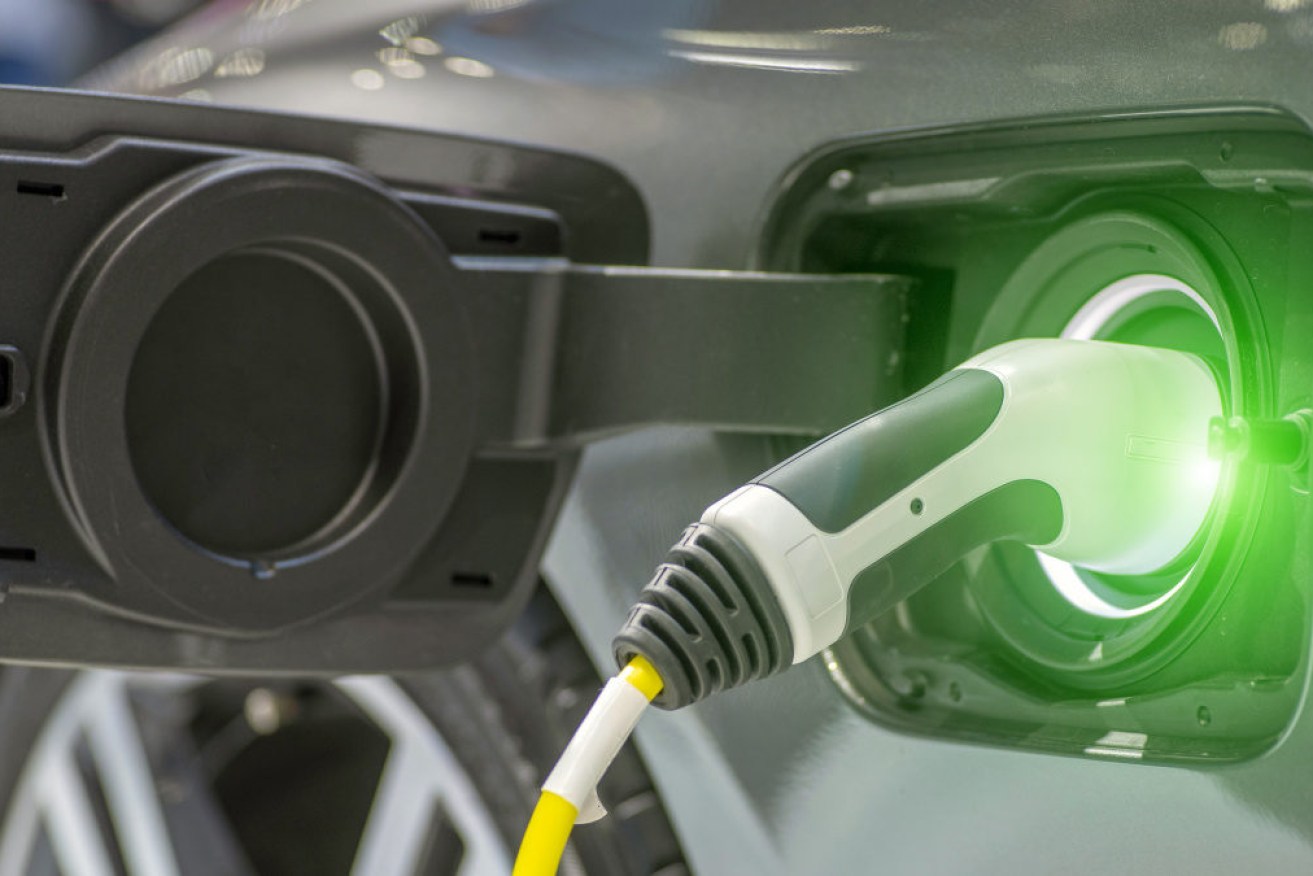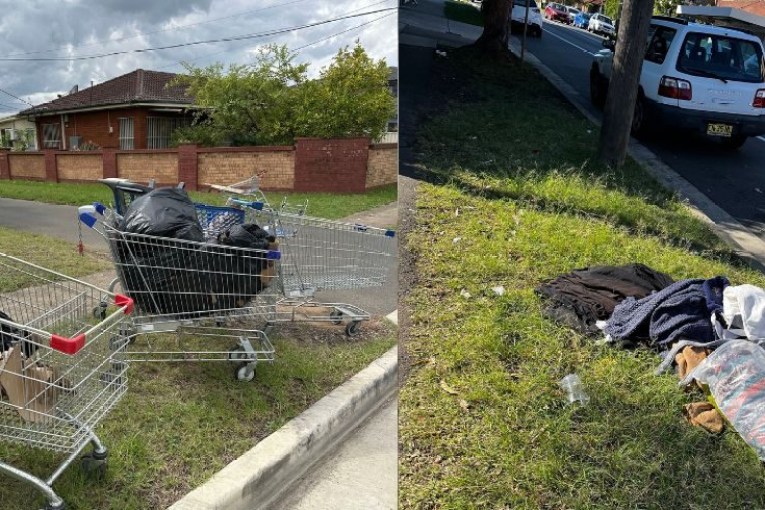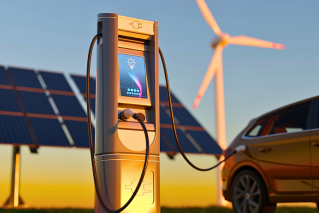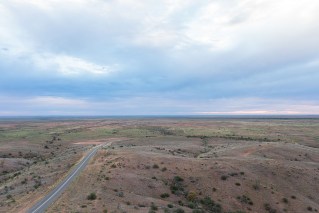‘Historic moment’: SA charging-station network backs state’s faith in an electric future

If South Australia's projections are accurate, electric vehicles will soon be every drivers' first choice. Photo: Getty
A network of more than 500 charging points will be established across South Australia in a plan to make electric cars the first choice for buyers by 2030.
SA’s peak motoring group, the Royal Automobile Association, has won a $12 million state government grant to establish 536 ‘fast’ and ‘rapid’ charging stations across 140 rural, regional and metropolitan locations.
Premier Steven Marshall says the statewide EV charging network will be a key component in South Australia’s electric vehicle transformation, giving motorists the confidence to travel further by eliminating ‘range anxiety’.
“This plan will make electric vehicles the first choice for someone buying a new car by 2030, with the environmental and economic benefits that brings to South Australia,” the premier said on Saturday.
“EVs will be able to travel from Bordertown to Border Village and everywhere in between.”
RAA Managing Director Ian Stone says the charging network represents a historic moment in the transition to electric vehicles.
“The RAA believes EVs are the future of motoring and our research shows almost 80 per cent of motorists would consider buying an electric vehicle,” he said.
“The maximum distance between charging points will be around 250km – well within the range of a typical EV car battery.”
Subsidies and benefits
The network follows previous state government incentives for more people to switch to EVs, including a $3000 subsidy and free registration for three years.
Another $2000 is available to up to 7500 households, with new or existing plug-in EVs, that invest in smart charging solutions in their homes.
But SA also plans to introduce a new tax on EVs from July 2027 or when electric vehicles reach 30 per cent of the new car market, whichever comes first.
Plug-in hybrid vehicle owners will be charged an indexed fee of 2 cents per kilometre while owners of any other electric vehicles will be charged an indexed fee of 2.5 cents per kilometre.
With EV owners not paying the traditional fuel excise, the charges were designed to ensure long-term and sustainable road funding.
But Labor on Saturday called for the tax to be dumped and promised to repeal the legislation if the party wins the March state election.
“Steven Marshall cannot claim any form of leadership on electric vehicles while he is planning to whack a big tax on EVs,” Shadow Treasurer Stephen Mullighan said.
NSW leads the way
In a 2021 analysis of Australia’s electric vehicle charging points, financial broking firm Savvy reported there were just over 3000 covering about 7.6 million square kilometres.
NSW had the most with just over 1000 while Victoria had 722 and Queensland 486.
SA had 283 while the Northern Territory had the least with 30.
The report also found the lack of charging stations was the biggest hindrance to the growth of the EV market in Australia.
But it said the growth of charging points, was also dependent on increasing electric vehicle sales in a classic Catch-22 situation.
“Obviously, there are many points that need to be addressed for the average consumer to take the first step, but with more charging points available Australia-wide, it will make this first step less scary and much, much easier,” Savvy Managing Director Bill Tsouvalas said.
-AAP








